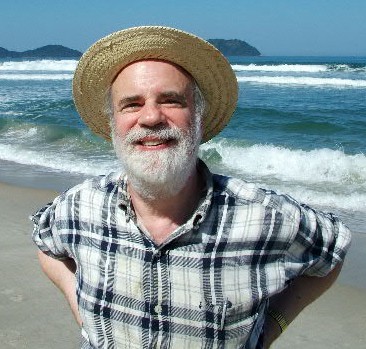Saul Kripke frases e citações
Saul Kripke: Frases em inglês
Naming and Necessity (1980, p. 291)
Contexto: If I use the name 'Hesperus' to refer to a certain planetary body when seen in a certain celestial position in the evening, it will not therefore be a necessary truth that Hesperus is ever seen in the evening. That depends on various contingent facts about people being there to see and things like that. So even if I should say to myself that I will use 'Hesperus' to name the heavenly body I see in the evening in yonder position of the sky, it will not be necessary that Hesperus was ever seen in the evening. But it may be a priori in that this is how I have determined the referent.
“We are not at the moment searching for the correct scheme.”
Philosophical Troubles (2011, p. 95)
Contexto: I am somewhat uncertain whether there is a definite factual question as to whether natural language handles truth-value gaps … Nor am I even quite sure that there is a definite question of fact as to whether natural language should be evaluated by the minimal fixed point or another, given the choice of a scheme for handling gaps. We are not at the moment searching for the correct scheme.
